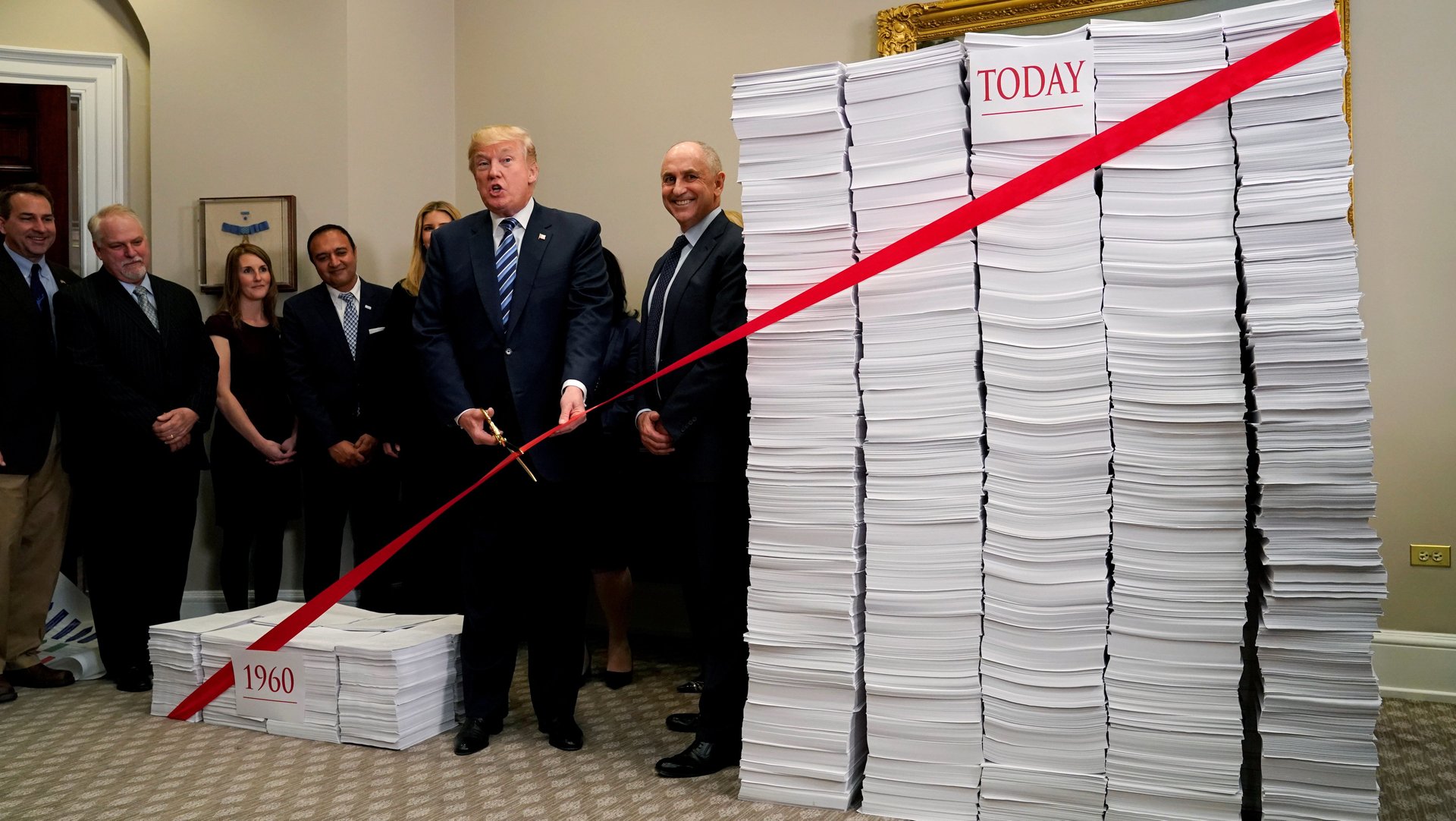How the CDC used “vulnerable,” “transgender” and other newly banned words in past documents
The Centers for Disease Control is the main public health institute in the United States. It is committed to helping Americans in a way that is science-based—er, oops, I can’t say that now.


The Centers for Disease Control is the main public health institute in the United States. It is committed to helping Americans in a way that is science-based—er, oops, I can’t say that now.
That’s because the Trump administration has barred the CDC from using a list of words it apparently doesn’t want “in any official documents being prepared for next year’s budget,” according to reporting from the Washington Post. Here is the list of words that are now banned:
- vulnerable
- entitlement
- diversity
- transgender
- fetus
- evidence-based
- science-based
It’s clear what kind of services the Trump administration is targeting by banning “transgender.” But what are they getting at with “vulnerable,” or “diversity?” Quartz has collected sentences from past CDC budgets that, under the new rules, can no longer be written, to put these terms in context. Looking at that context reveals what Trump doesn’t want the CDC to talk about.
CDC budget overview, fiscal year 2017 (pdf):
The United States remains deeply committed to safeguarding the American public from terrorists, just as we are committed to providing refuge to some of the world’s most vulnerable people.
CDC justification of budget estimates, fiscal year 2017 (pdf):
The Immunization Program purchases routinely recommended vaccines to protect at-risk and vulnerable populations not eligible for immunizations through the Vaccines for Children (VFC) Program and to meet urgent public health needs such as controlling VPD outbreaks.
The youngest, most vulnerable population in the United States are the approximately 24,000 infants born each year to HBV-infected mothers, because these infants are at highest risk for developing chronic HBV infection.
In FY 2014, CDC launched a new funding opportunity announcement and awarded a new cohort of six grantees (three original and three new sites). New sites increase the racial and ethnic diversity in the system.
CDC has also recently funded three new grants focused on persons of color disproportionately affected by HIV. The first grant will provide up to $125 million over a three-year period to 12 state and local health departments in the United States to implement pre-exposure prophylaxis (PrEP) and Data to Care demonstration projects prioritizing gay and bisexual men and transgender persons at high risk for HIV infection, particularly persons of color.
Having evidence-base guidelines and recommendations is important to CDC and the agency’s guideline production is a key component of ensuring the safety of healthcare in the United States.
CDC supports science-based communication campaigns and other efforts to convey the benefits of vaccines to the public to aid individuals in making informed vaccine decisions to protect themselves and their loved ones.
CDC budget overview, fiscal year 2016 (pdf):
The FY 2016 budget request includes an increase of $3.5 million for Arthritis and other Chronic Diseases to address the burden of arthritis by increasing access to and availability of evidence-based interventions, conducting surveillance to measure burden, strengthening the science base of effective strategies, and promoting health equity.
CDC justification of budget estimates, fiscal year 2016 (pdf):
In FY 2016, CDC will separately fund a new cooperative agreement with CBOs that serve young men of color who have sex with men, young transgender persons of color, and their partners.
The Immunization Program purchases routinely recommended vaccines to protect at-risk and vulnerable populations not eligible for immunizations through the Vaccines for Children (VFC) Program and to meet urgent public health needs such as controlling VPD outbreaks.
CDC justification of budget estimates, fiscal year 2015 (pdf):
The Office of Minority Health and Health Equity, includes the Office of Women’s Health and the Diversity Management Program, provides…guidance and oversight to the agency-wide implementation of the CDC Diversity Plan.
School-based prevention program grantees will…increase implementation of evidence-based sexual health education programs in schools.
In FY2015, CDC will maintain funding for the National Program to Eliminate Diabetes Related Disparities in Vulnerable Populations, a five-year cooperative agreement (FY2014-FY2019).
Looking through CDC’s main budget documents for the past few years, we could not find any instances of the words “fetus” or “entitlements.” And we won’t in future documents either, it seems.